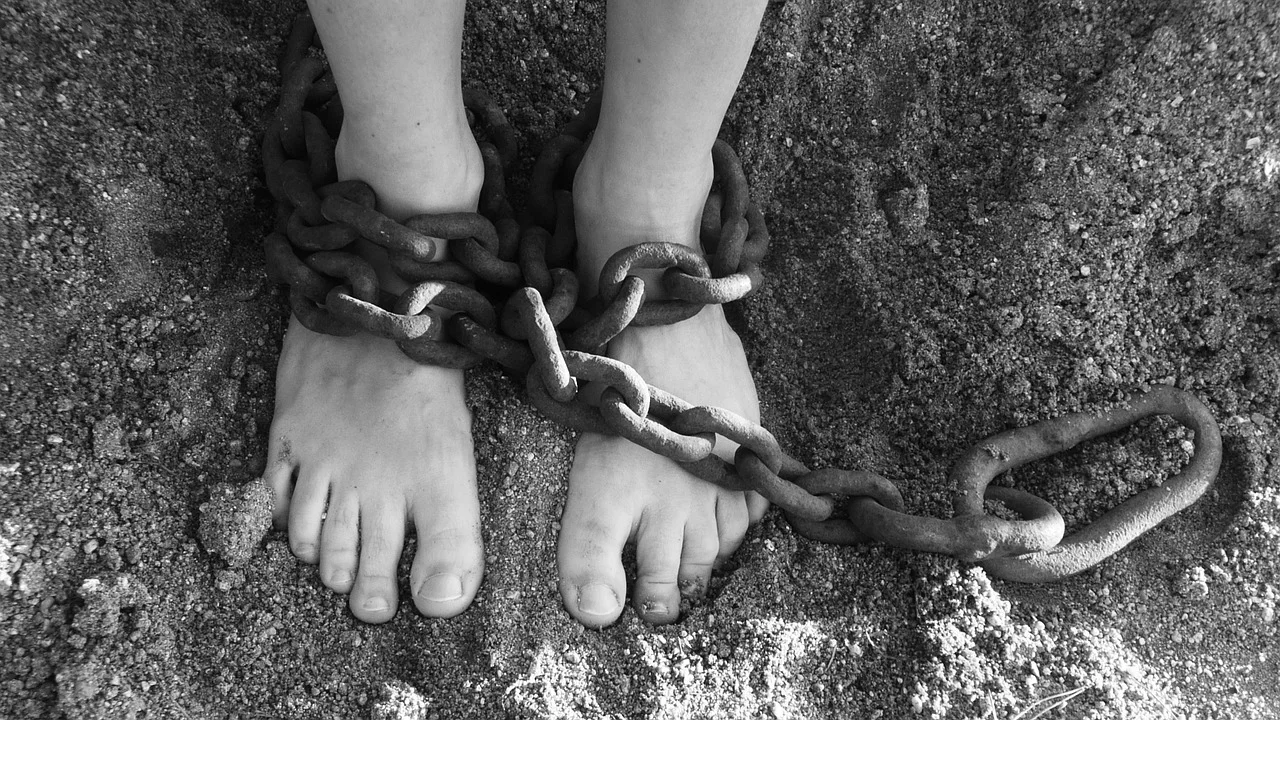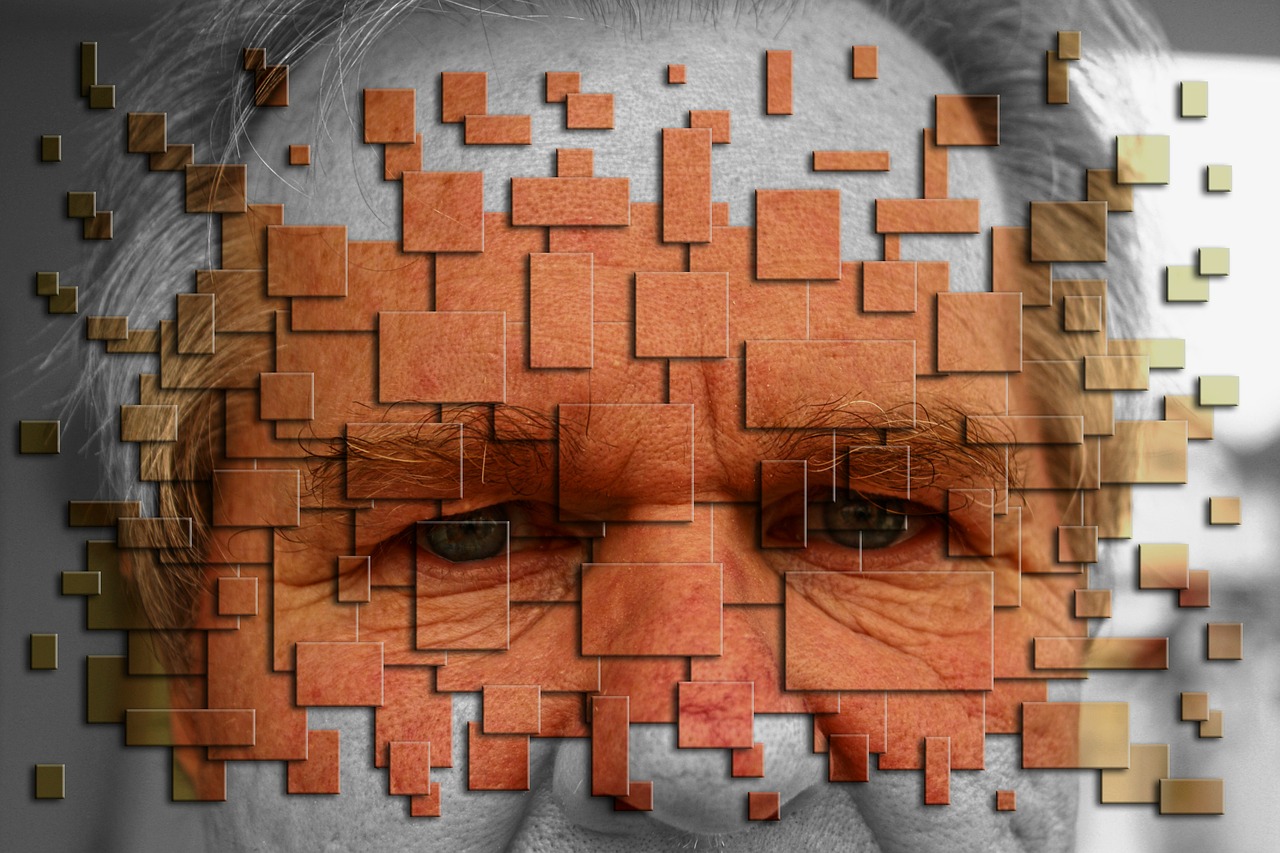Dig Two Graves: The Psychology of Revenge

The Chinese philosopher, Confucius, wisely stated, “Before you embark on a journey of revenge, dig two graves.” Fantasizing about revenge can be intoxicating. We have all had urges to retaliate against someone who has wronged us, even if we never acted on it.
What is so tempting about getting revenge against someone who has wronged us? For one, it gives us a sense of power. We feel it puts the other person in their place – below us. Secondly, it seems just to even the score. I was hurt, so it is only fair that they hurt too.
Consider this, though. While the idea of revenge makes us feel less impotent, it actually turns us into a victim. We become a victim of our own negative thoughts and emotions. Ruminating about being wronged and planning our personal vindication can really take a toll on our mental health. We already know our thoughts strongly influence our mood. A fixation on negativity only makes us feel worse.

By plotting a payback, we actually make ourselves the victim of our own ruminations. Ruminating on negative thoughts can contribute to one’s experience of depression and anxiety.
Aside from the toll on our mental health, acts of revenge serve to escalate a cycle of mutual vengeance, with each side trying to one-up each other. This dynamic snowballs with each vindictive act, further wrapping us up in drama and hostile energy.
Revenge or Justice?
Perhaps revenge taps into our inherent need for justice. Justice, as a value, serves to keep societies stable. Its primal nature is understandable when you consider it from an evolutionary perspective. But are justice and revenge the same?

Leon F Seltzer Ph.D., in his article Don’t Confuse Revenge With Justice: Five Key Differences, contrasts revenge versus justice. Here are the key points he makes:
1) Seeking revenge is based on emotion. The desire for justice is a rational one. Retribution comes with intense, destructive feelings- like rage. On the other hand, the pursuit of justice is based on logical, impartial values.
2) Revenge is focused on the offended individual – on their need to get even. Justice is impersonal and universal in its interests. Revenge feels empowering, so the individual or group who was wronged feels gratified by an act of revenge. It creates a temporary imbalance in power that benefits the avenger, or at least it feels as though it does. In contrast, social justice is good for both the individual and society. As such, justice is not personal, at least not exclusively so.

3) Revenge is driven by vindictiveness. Justice is an act of vindication. Describing this difference between revenge and justice, Seltzer points out that two wrongs can never make a right. In other words, wronging another person will not correct the original insult. He claims that the foundation of justice is fairness and virtue. It is not about getting even, but about restoring balance.
4) Revenge is cyclical, while justice leads to closure. The idea of getting revenge on another only encourages the same behavior in them. Each side digs in deeper with their agenda and the negativity grows over time. True justice gives a sense of closure, helping us to move on.
5) Revenge is about getting back at the other person who hurt you. It’s an attempt to harm someone back. Justice is about restoring balance, in an evenhanded and fair way. Its intent is not to cause harm, but to rectify the past.
The Psychology of Retribution
I was surprised to find formal research on the subject of revenge. Apparently there is a even a term to describe the revenge mentality. It’s called the Psychology of Retribution.

In 2018, a very interesting study was summarized in the APA Monitor, which is a publication of the American Psychological Association. Researchers split a group of participants into two groups. Those in one group were assigned the role of “punisher” and the others were “non-punishers”.
Both groups were given a scenario in which they felt aggrieved. The punishers were permitted to retaliate, while the non-punishers were not given the same opportunity.
Participants’ moods were assessed after the experiment. Interestingly, the punishers felt worse than those who were prohibited seeking retribution. In other words, the group that had the power to punish actually felt worse than those who were unable to.
What I find even more interesting was that the non-punishers still believed that getting revenge would make them feel better, in spite of their mood rating showing the opposite.
Vengeful Personalities
Considering that getting revenge doesn’t make us feel better in the long run, why is this a nearly universal human experience? Social psychologist Ian McKee, PhD, of Adelaide University in Australia studied what makes one person seek revenge while others can let go of a grudge and move on. There were two social values that corresponded with vengeful types: right-wing authoritarianism and social dominance.
He explains that those who would seek revenge tend to be concerned with power, dominance and status. This type of character tends to be less forgiving (surprise!), less charitable, and less likely to recognize the universality of the human experience. In other words, they are more individualistic.

Michele Gelfand, a professor of psychology at the University of Maryland, points out that culture also plays into one’s likelihood to seek revenge. She and her colleagues discovered that, depending on your cultural background, different situations would influence your desire to get even.
She provided a comparison between a person raised in America versus a person from Korea. An American would be more triggered if their free speech were squelched than they would be from feeling socially shamed. Conversely, socially stigmatization would more likely trigger revenge in a person from the Korean culture.
In her studies, Gelfand discovered cultural differences between which emotions trigger an individual’s revenge process. Those from individualistic societies tend to be driven by anger. On the other hand, collectivist cultures are driven by shame.
Letting Go of the Desire for Revenge
Science supports what we’ve known all along- that seeking revenge isn’t good for anyone. Considering that, how do we manage the overwhelming desire to get even after we are wronged?
In his book, The Power of Now:A Guide to Spirital Enlightenment, Eckhardt Tolle defines his concept of the Ego. He would argue that revenge is a function of the Ego. The Ego is responsible for any experience that makes us feel separate from others – including anger, envy, and vindictiveness; thus, the solution for letting go is to disassociate from our Egos.
Tolle offers several techniques for doing this. One is by observing our inner experience without judging or trying to change our feelings. Simply observing the Ego’s reaction to being wronged brings the Ego’s dysfunction to light and reduces its power over us. This process would reduce our vengeful urges.

Another strategy is to practice mindfulness, meditation, and prayer. These practices expand the consciousness and put life situations into their proper perspective. They also help to quell worry. There are a plethora of mindfulness books that provide techniques for beginners. I have reviewed the best ones here!
Acts of altruism may help us let go of insults to our egos. Helping others gets us out of the negative thought spiral. Helping those in need offers a new point of view – perhaps our interpersonal problems aren’t as dire as we first imagined. Research supports the claim that altruism is associated with increased happiness.
Finally, distracting ourselves is another effective strategy for escaping the impulse to enact revenge. Focusing our attention on a concrete task activates a different area in our brain, giving us a break from ruminations. For ideas on how to distract your mind from unwanted thoughts, check out my article on stress management.

Fixating on revenge isn’t worth the negative energy it brings into our lives. In order to be free from past insults, we may work toward forgiving the other person. Forgiving is not the same as forgetting or approving of a behavior. Forgiving is an empowering experience. It empowers us to grasp the freedom we deserve, clear from memories that hold us back from being our best.
TheMentalHealthBlog.com is a participant in the Amazon Services LLC Associates Program, an affiliate advertising program. TheMentalHealthBlog.com earns fees from products sold through qualifying purchases by linking to Amazon.com. Amazon offers a commission on products sold through their affiliate links.





It hard to find knowledgeable individuals on this matter, however you sound like you understand what you are talking about! Thanks
I really like your writing style, great information, thankyou for putting up : D.